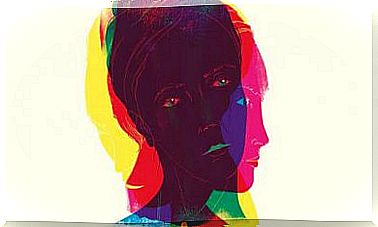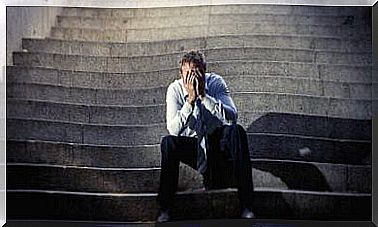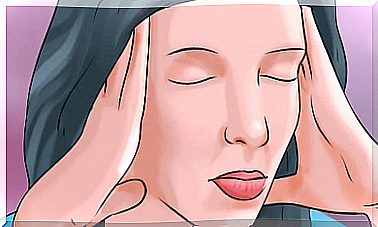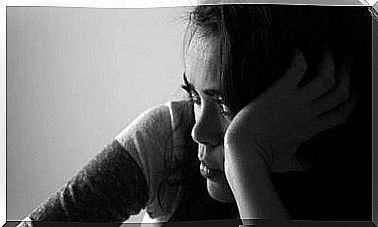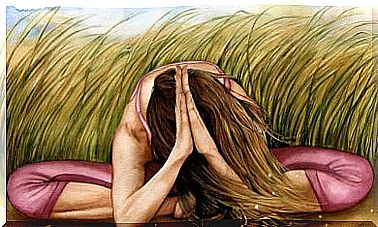Not Only Does Sadness Indicate Depression, So Does Irritability
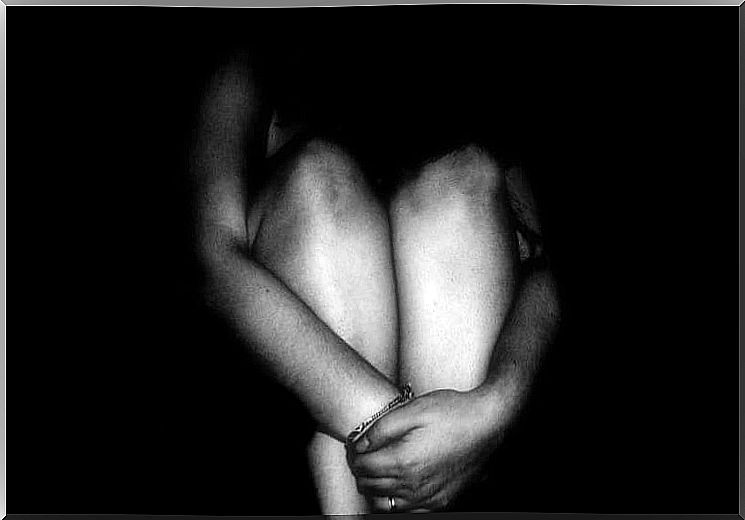
Not just continual, intense sadness or, better said, hopeless, despondent, or “bottom-bottomed” moods are indicative of depression. In fact, sadness as a symptom may not manifest itself in a depressed person, irritability being his cousin sister.
Yes. As strange as this statement may seem, a depressed person may not be sad but rather angry, unstable or frustrated. Somatic complaints, bad mood, discomfort, physical pain, emotional roller coasters, etc. All of these can replace sadness as a symptom of an emotional problem like depression.

Therefore, we could say that manifestations of anger, such as insensitivity, irritability, aggressiveness, and “authoritarian” behavior are sometimes screams that beg to get out of the hole of darkness in which depression suffocates.
Irritability as a diagnostic criterion for depression
According to criteria both in the Diagnostic Manual of Mental Disorders in the latest version (DSM-5) and in the International Classification of Diseases (IEC-10), a clinical diagnosis of depression can be made if the person shows, among other conditions, irritability instead of sadness.
That is, if a constantly grumpy person shows persistent anger, a tendency to respond to events with tantrums, insulting others, or an exaggerated feeling of frustration over unimportant things, they may be sunk in a depressed mood. pathological.
In children and adolescents, an irritable or unstable mood may manifest itself rather than a sad and despondent mood. This needs to be distinguished from what is considered a “spoiled boy” pattern, with irritability in the face of frustration.
However, it is noteworthy that just as sadness alone is not a sufficient criterion for depression and needs other connotations to be considered pathological, the same happens with irritability.

Sadness and irritability are emotional states treated unfairly
Sadness and irritability, by themselves, are healthy emotional states, as they are intended to inform us that there is something that bothers us and that it is harming us. They only become pathological when they distort our lives and excessively deteriorate our social and professional spheres for a long time.
In general, we need to be careful about irritability because it can make us do anything without considering the negative consequences. Therefore, a persistent state tinged with this characteristic instability can be devastating.
Easily lose track, make unpleasant comments, be less tolerant, show impatience, feel nervous, express agitation, have inappropriate reactions, start withdrawing from certain people because they are unpleasant, etc. All of this indicates that something is not right in life itself and that action needs to be taken.
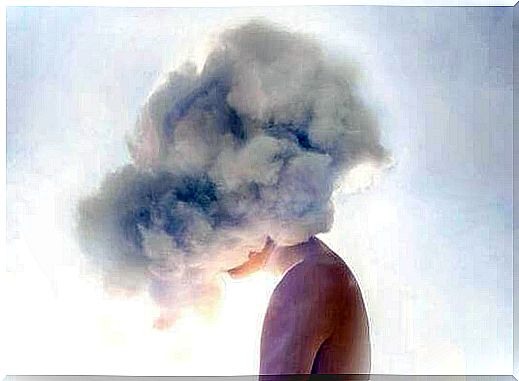
Therefore, the anger or irritability that manifests itself when we suffer from depression is a way of externalizing what is felt and is not being expressed. We can say that the depressed person has the feeling of being oppressed, of carrying around his neck a scarf that weighs tons.
This makes her feel sunken, vulnerable, with the impression that this scarf will not let her walk, making her life difficult and decompensating her spirits. This causes instability and the difficulty that these people have to carry out their daily activities.
Therefore, with the little strength that this tenebrous scarf allows them to have, they manage, at most, to eat something and sleep. This is the weight of anguish, which translates into a stifling reality of sadness or irritation depending on the person and, obviously, the moment.
